Wrestling with Philosophy

Aristotle thought that contemplation was man’s highest activity, and that the virtues developed in other aspects of life prepared one for this activity. Indeed, as Plato predicted, wrestling prepared me for the contemplation of truth. Thankfully, I did not need a perfectly intact spine to do so.
The Bookshelf: Books That Stick

Some of the best perspective-altering reading experiences I’ve had in recent years have come from books that I read well outside the bounds of my own research. Nonetheless they made their way into my thinking and writing in various ways—they “stuck.” And books that “stick” in this way we are apt to recommend whenever an opportunity arises.
Catholics Must Reclaim the Term “Social Justice”

Although the ideas presented in The Concept of Social Justice are just a start, they provide a crucial foundation for the salvific and eternal work that Catholics must complete in the political arena.
Muriel Spark in Jerusalem
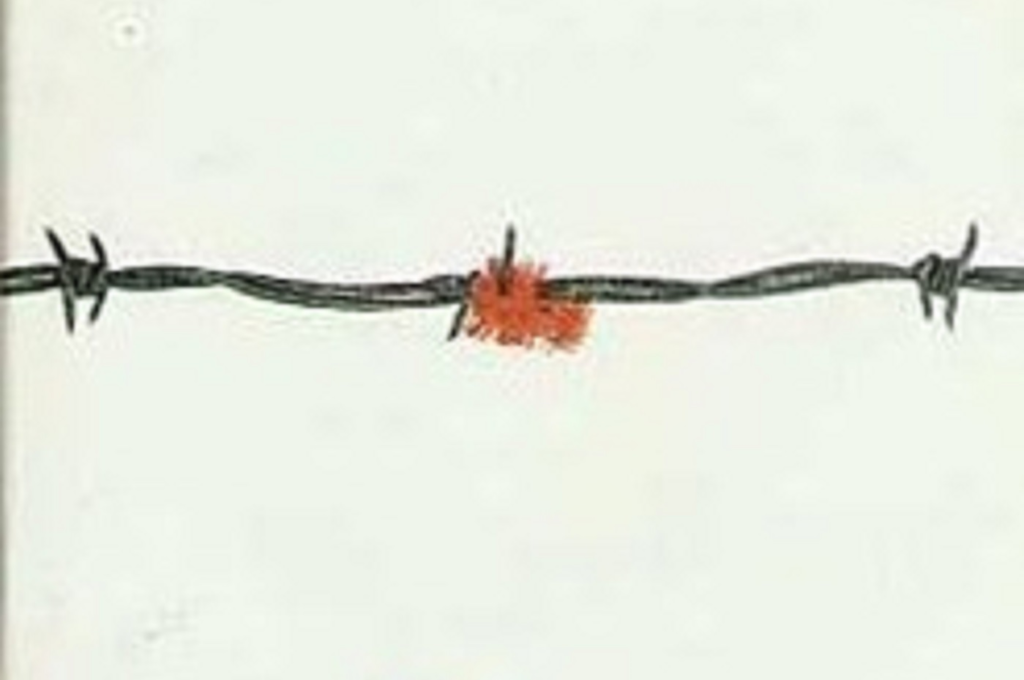
The British author grappled with the Eichmann Trial in her most ambitious novel. The book is worth revisiting for its fascinating portrait of Adolf Eichmann’s rhetoric and his ability to obscure the reality of the Holocaust.
Truth, Civility, and the Crisis for Conservatives: A Response to Hope Leman
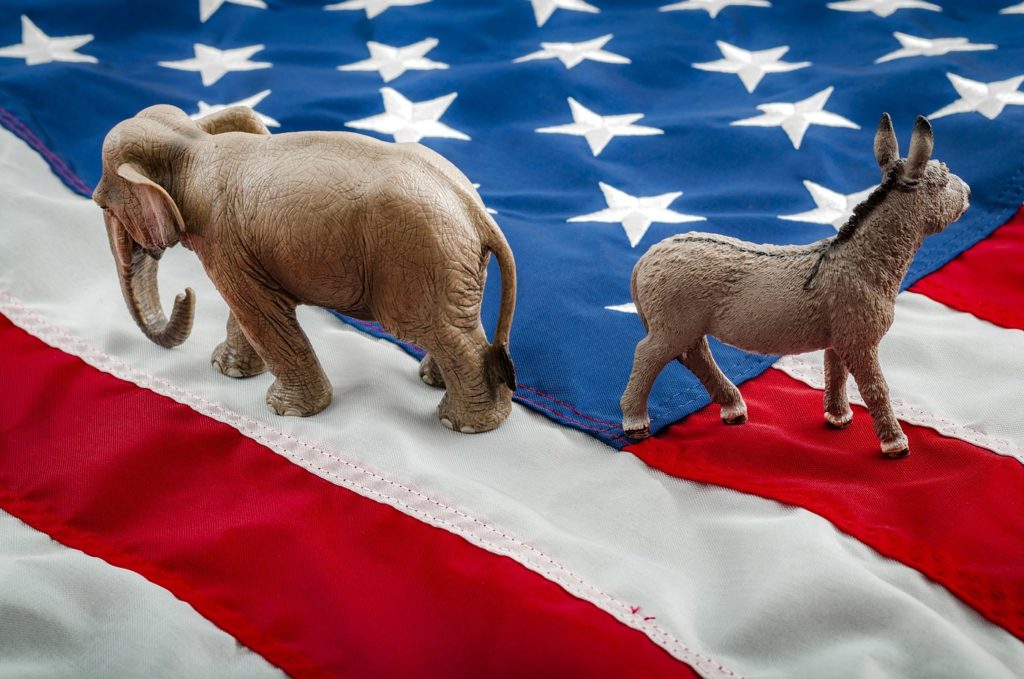
If conservatives are to abandon truth-seeking and engaging with political rivals, what then is the alternative? If we resign the enterprise of reasoned debate, of at least attempting to persuade, then where do we go from here? Do we simply line up with the one in six Americans in favor of military rule and hope that our side prevails in the coup?
The Cosby Problem
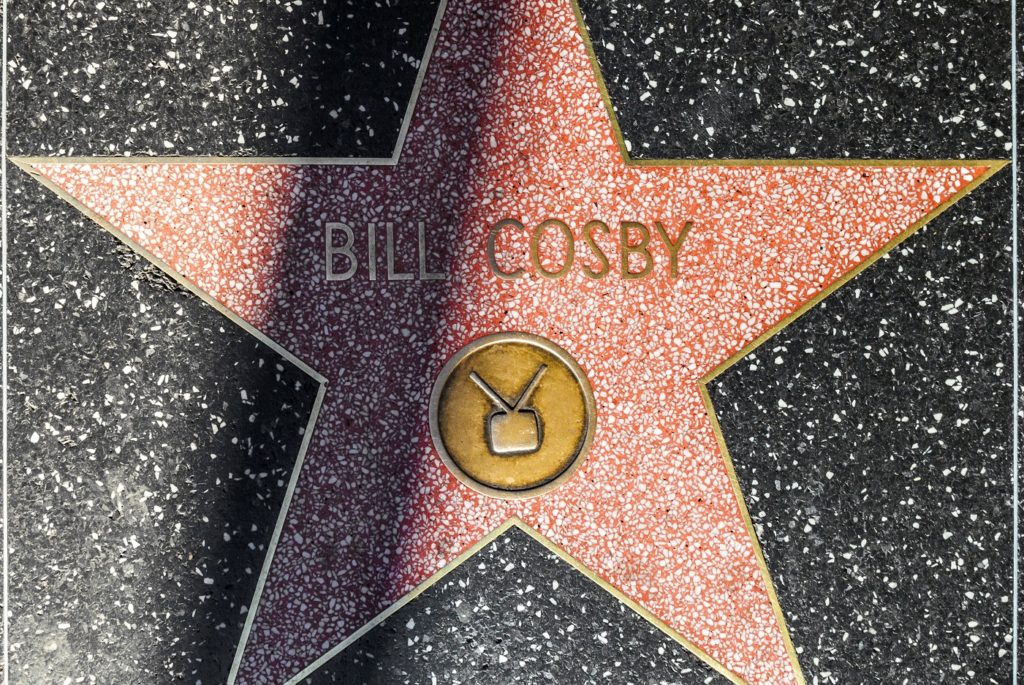
Bill Cosby’s release is a consequence of a criminal justice system run by insiders seeking efficient results. This debacle sheds light on the disappointing state of our criminal justice system, the overly wide latitude afforded to prosecutors, and the mechanical way in which the system operates.
Dobbs Won’t Fix State Courts. To Do That, Pro-Life Lawmakers Must Step Up Now.
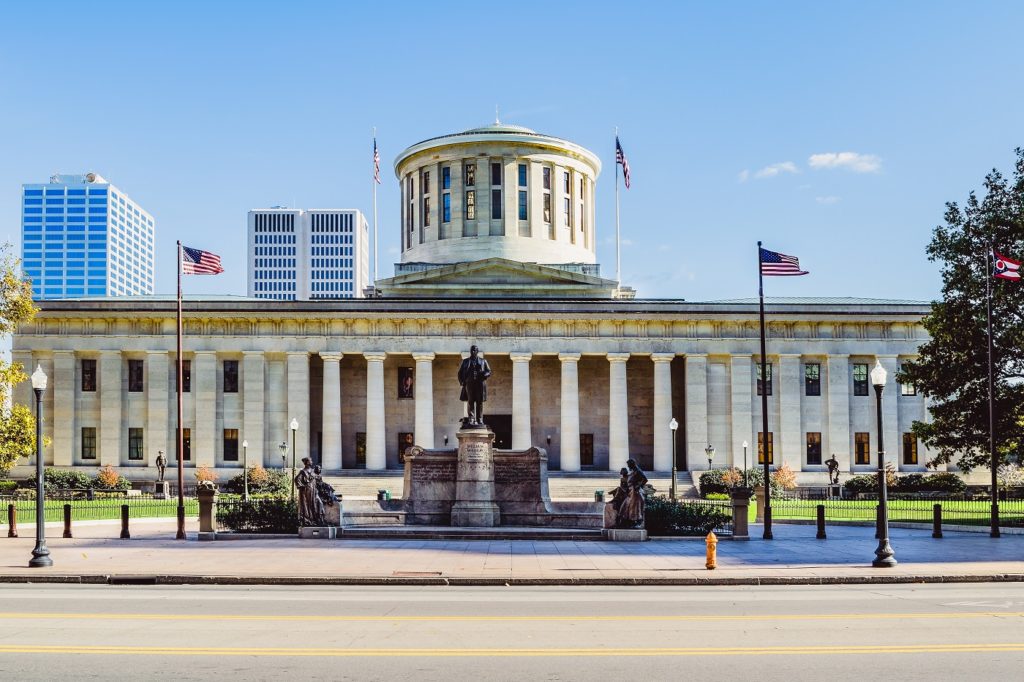
In some states, it’s almost impossible for pro-life governors to appoint originalist judges. That’s why we must pursue state-level judicial reforms before Dobbs is decided. To make the most of this opportunity, most of us need to turn our attention away from DC and toward our state capitols.
In Defense of Critical Race Theory
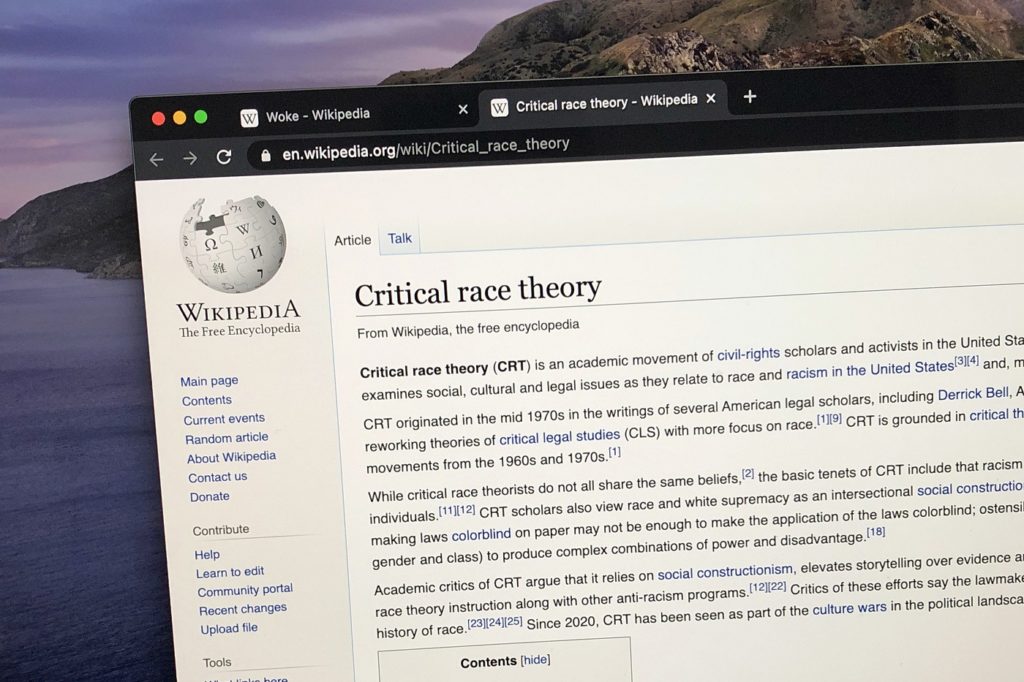
A healthy political community must find ways to reflect on and revise its founding myth. Actions in legislatures and state education boards are proxy arguments over the future of our constituting narrative. For catalyzing this, we should be grateful to critical race theory—for its insight, for its limitations, and even for its clarity-inducing confusions.




